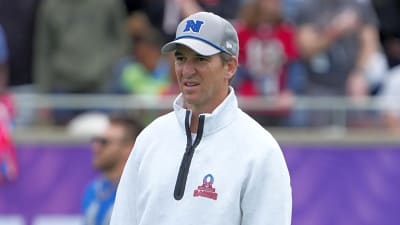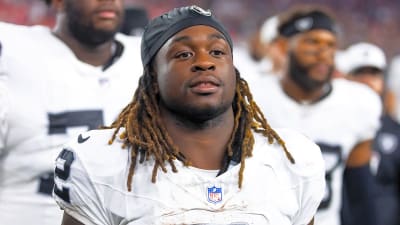
In the heart of Motown, where legends are forged and legacies are etched in steel, the Detroit Pistons find themselves at a crossroads. The air is thick with the familiar scent of preseason optimism, but beneath it lies a current of uncertainty, swirling around one of the team’s brightest young talents: Jaden Ivey. The question echoing from the rafters of Little Caesars Arena to the sports bars across the state is a heavy one: What does the future hold for Ivey in a Pistons uniform?
It’s a tale as old as the league itself. A dynamic young player, brimming with potential, finds his name whispered in the hushed tones of trade rumors. For the Pistons’ front office, the party line is clear: Ivey is not on the block. They’ve shut down speculation, presenting a united front of confidence in the electric guard. But in the NBA, the official story is rarely the whole story.
Sources outside the organization paint a different picture, one far more complex and murky. They describe Ivey’s status not as a lock, but as “open for interpretation.” It’s a phrase loaded with implications, suggesting a fluid situation, one where the right offer could change everything.
What is the Latest on Jaden Ivey?
Let’s be clear: the Pistons aren’t actively shopping Ivey. There’s no “For Sale” sign hanging over his locker. But the context of the team’s offseason moves tells a story of its own. Detroit has been busy, adding firepower on the wing with the acquisitions of Caris LeVert and sharpshooter Duncan Robinson. The draft brought in Ron Holland, another athletic wing, adding to a core that already includes the high-flying Ausar Thompson. Suddenly, a position of need has become a position of strength, and with it, a glut of talent.
This roster re-shuffle inevitably leads to tough questions. In a league dictated by asset management and roster balance, can the Pistons afford to keep everyone happy? Ivey, a blur of speed and scoring prowess, needs the ball in his hands to be effective. With a backcourt that also features Cade Cunningham, touches and minutes are a finite resource.
The situation is made even more complex by Ivey‘s contract. He’s heading into the final year of his rookie deal. Last season, before a broken left fibula cut his campaign short after just 30 games, he was putting up impressive numbers: 17.6 points and 4 assists, shooting a blistering 40.9% from beyond the arc. He proved he could be a legitimate scoring threat. Now, with a contract extension looming, the Pistons must decide if he’s a long-term cornerstone or a valuable trade chip to acquire a piece that better fits their puzzle.
Will the Detroit Pistons Trade Jaden Ivey?
To trade Ivey would be a gamble, a potential franchise-altering move. He represents a significant piece of the rebuild, a player who can ignite a crowd and break down a defense with a single crossover. Giving that up isn’t a decision made lightly.
However, the whispers persist for a reason. If the Detroit Pistons are serious about accelerating their timeline and making a legitimate push in the Eastern Conference, a trade might be the most direct path. A package centered around Ivey could net them a proven star, a missing piece to elevate them from a promising young team to a genuine contender. It’s the kind of high-stakes poker that defines modern team-building.
For now, Jaden Ivey remains a part of the Detroit Pistons. He’s a fan favorite, a player whose heart and hustle resonate with the city’s blue-collar identity. But the NBA is a business, and the winds of change are always blowing. As the season approaches, the front office faces a defining moment. Do they bet on the electrifying talent they drafted, or do they cash in their chip for a shot at something greater? The answer will shape the future of the Detroit Pistons for years to come, and every fan is holding their breath, waiting to see which way the chips will fall.
More must-reads:
- Knicks HC Mike Brown's comments immediately differentiate him from his predecessor
- Rockets are severely handcuffed in efforts to replace Fred VanVleet
- The 'Multiple 30-TD pass NFL seasons' quiz
Breaking News
Trending News
Customize Your Newsletter
 +
+
Get the latest news and rumors, customized to your favorite sports and teams. Emailed daily. Always free!








